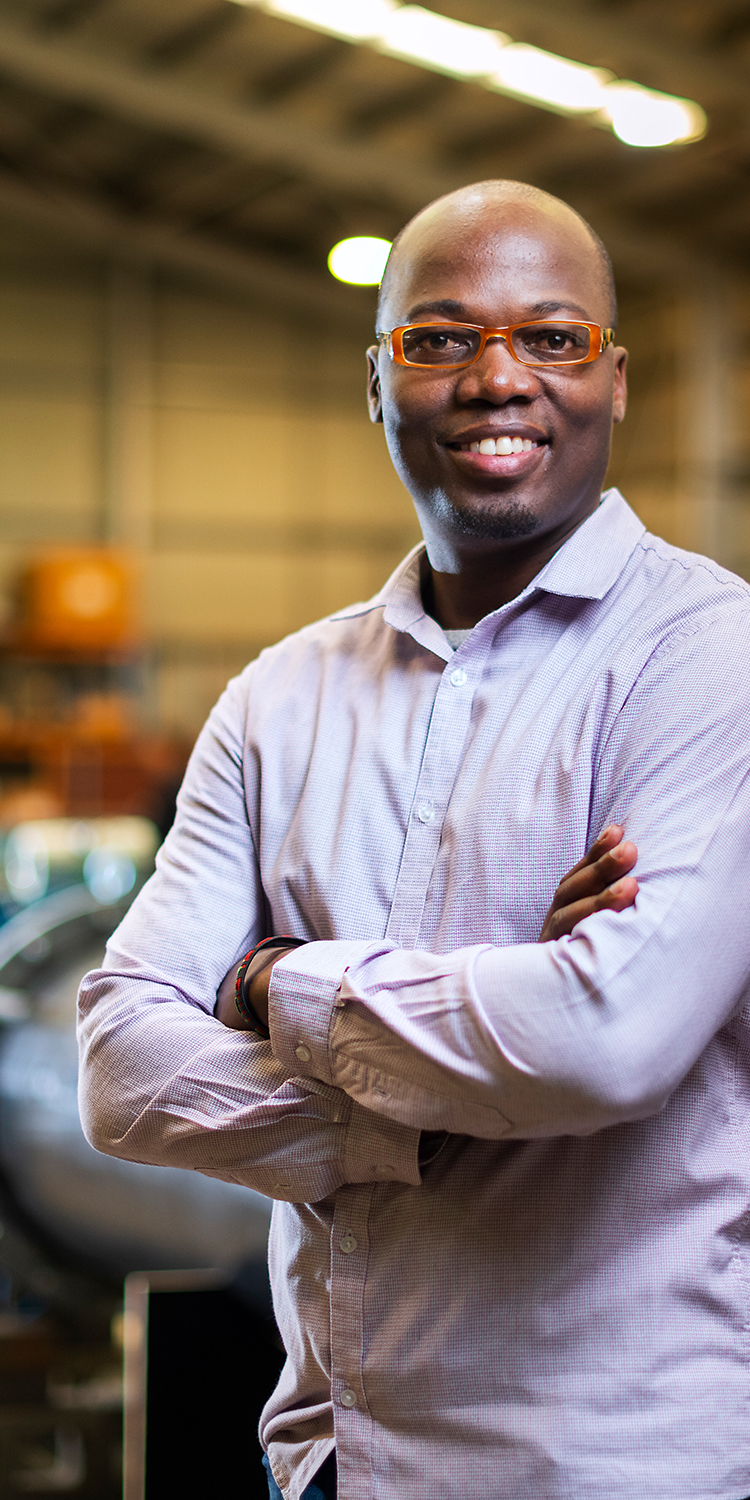What you'll learn
Our Master of Engineering (Maritime) is structured with both a foundation and extension year. Depending on previous professional experience and completed qualifications, you may be eligible to receive credit for the first year and progress straight into year two of the degree.
The first year of this degree covers essential maritime engineering knowledge and theory in acoustics and vibration, submarine design and systems engineering. You’ll also complete courses in engineering data analytics and engineering management.
You’ll also undertake professional industry placement from your first year of study, aligning your practice to career goals. Throughout your degree, you’ll complete up to 450 hours of placement in a relevant industry setting.
In second year, you’ll take advanced courses in naval nuclear propulsion and stewardship, shipbuilding programs for industry and defence managers and submarine naval architecture.
You can also choose to complete two elective courses from the following:
- Advanced control
- Advanced fluid mechanics
- Advanced mechanics and materials
- Advanced vibrations
- Autonomous robotic systems
- Computational fluid dynamics
- Defence leadership
- Engineering acoustics
- Finite element analysis
- Heat pumps, refrigeration and air-conditioning
- Industrial automation
- Model-based systems engineering.
In your final year, you will complete both a major research project and a capstone engineering design project.
Assessments for this degree include reports, case studies, examinations, industry-relevant research projects and team-based projects.
You’ll be able to complete majority of first year common courses at either our Adelaide City or Mawson Lakes Campus with some potential cross-campus study required. Throughout your degree, you’ll gain access to cutting-edge facilities across both campus locations to enhance your overall learning experience.
Specialisations
The Master of Engineering is also available with specialisations in the following:
- Biopharmaceutical
- Engineering Management
- Materials









